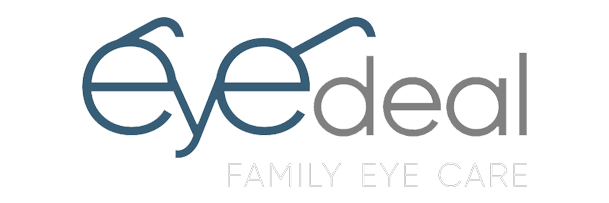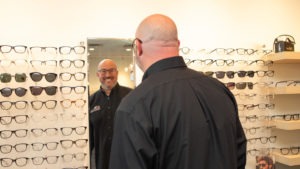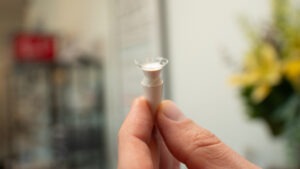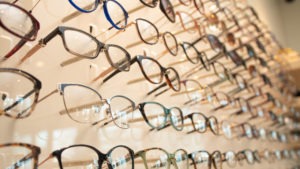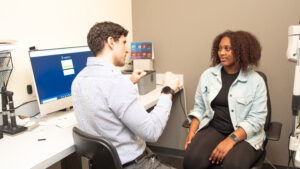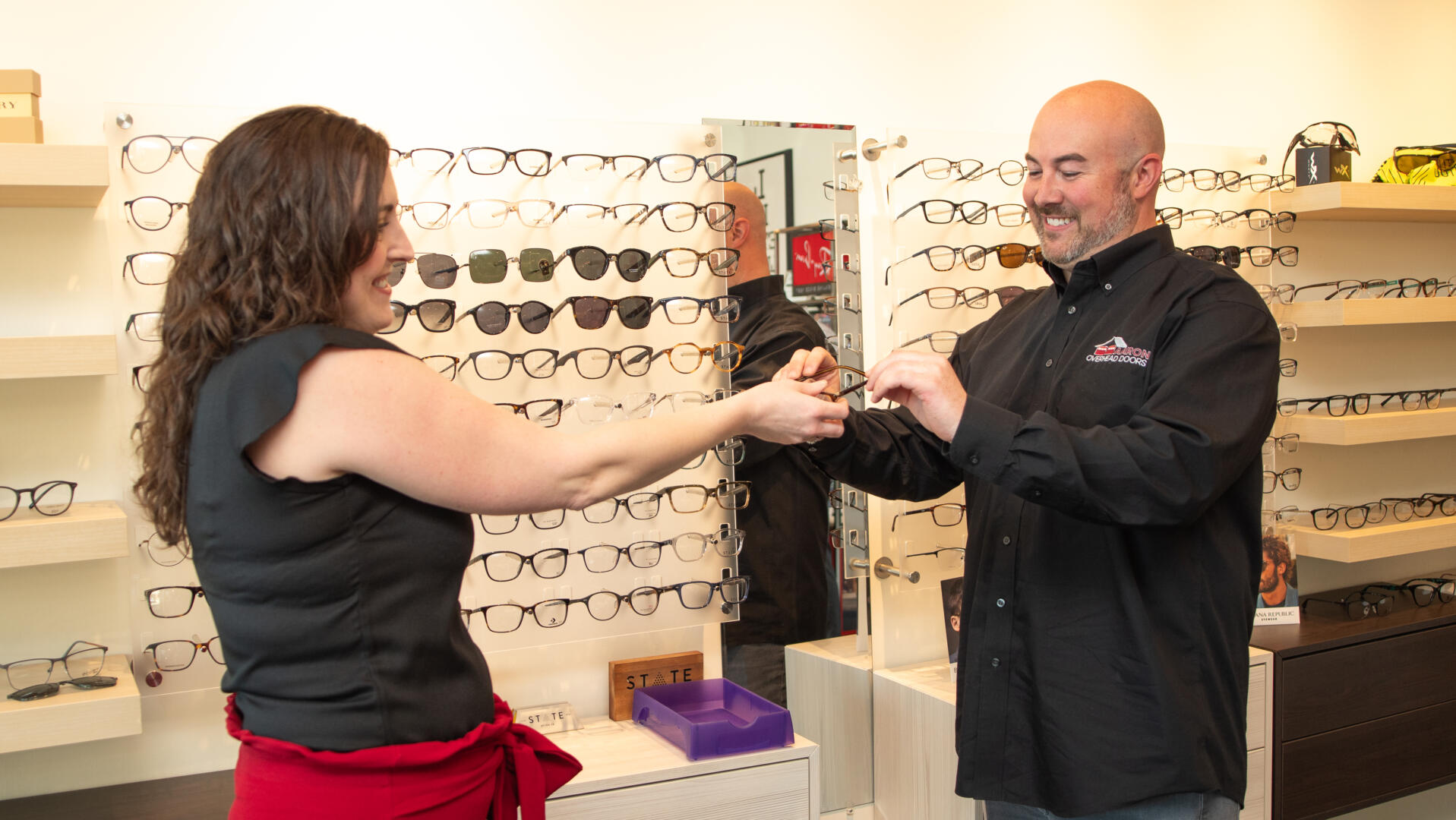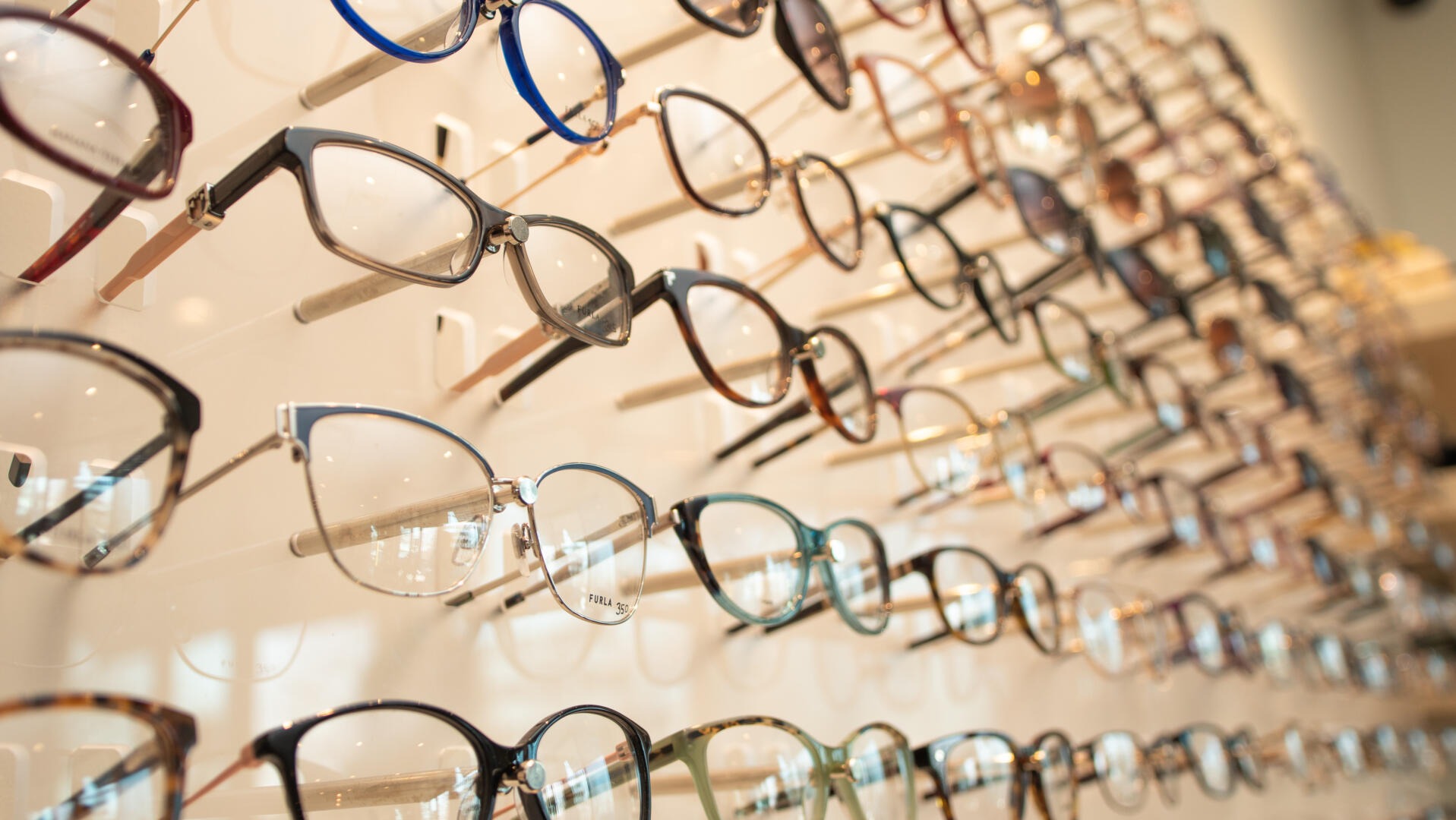Did you know that 25% of children between ages 2-17 need glasses? However, young children may not have the words or understanding to tell you they have trouble seeing. That is why it is important to look for early signs your child needs glasses and schedule annual eye exams with a children’s eye doctor.
Taking care of your child’s eye care needs from an early age sets them up for the best vision later in life. Look out for these five signs your child needs glasses and read our tips for protecting your child’s vision.
5 Signs Your Child Needs Glasses
1. Squinting or Tilting Head
If your child squints or tilts their head when trying to read a book, sign, or whiteboard, it may be time to see a children’s eye doctor. Squinting and head tilting are ways children make up for a lack of visual clarity and attempt to focus on an object. Squinting is often a sign of myopia (nearsightedness) or astigmatism, both of which can be corrected with eyeglasses or contacts.
2. Sitting Close to Television or Holding Screen Close to Eyes
Do you notice your child always sitting close to the television or holding a hand-held device screen close to their face? This is an early indicator that they have difficulty seeing objects far away, meaning they have to bring objects closer to their eyes for clarity. If you see this behavior in your child, schedule an exam with a children’s eye doctor quickly. Prolonged use of devices and screens up close can be detrimental to your child’s eyesight.
3. Complaining Frequently of Headaches
Does your child complain frequently of headaches, especially after school or extended reading or screen time? This is a sign of eyestrain, meaning your child is likely having trouble clarifying blurry or out-of-focus objects. To reduce headache frequency and help them focus for longer amounts of time, schedule a children’s eye doctor appointment to determine their needs for glasses or contacts.
4. Difficulty Concentrating in School
Sitting in a classroom means frequently having to transition your focus up close to read books and papers, then far away to engage with the whiteboard and teacher. For a child with difficulty seeing, quickly adapting to these fluctuating objects can cause eyestrain and headaches. This can lead to problems with school work including:
- Trouble concentrating for more than a few minutes at a time
- Poor comprehension of subjects
- Difficulty completing projects efficiently
- Avoidance of reading or close visual work
If your child struggles with concentrating on school work, schedule an exam with a children’s eye doctor to see if they have impaired vision.
5. Rubbing Eyes and Eye Fatigue
When a child frequently rubs their eyes for pain relief, it can be a sign of eye infections, eyestrain, or eye fatigue. Each of these will lead to difficulty concentrating as your child cannot focus for an extended time without discomfort. If your child complains of eye pain and rubs their eyes multiple times a week, consult a children’s eye doctor on the best next steps.
Tips for Protecting Your Child’s Vision
- Avoid eye injuries by encouraging protective eyewear like goggles, sunglasses, and face masks.
- Teach healthy habits—like not touching your eyes without washing your hands—to reduce the risk of eye infections.
- Provide foods rich in vitamins A, C, and E along with omega-3 fatty acids and zinc to encourage eye health.
- Limit screen time and exposure to blue light which causes headaches, blurred vision, and eyestrain.
- Schedule annual eye exams to ensure your child has the best prescription for their eyesight, starting at a young age.
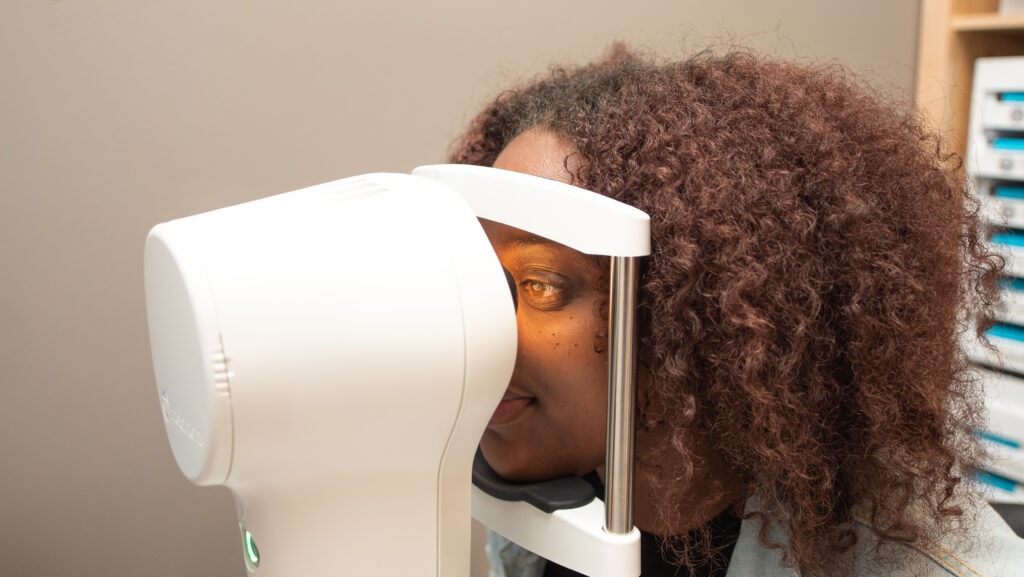
How To Schedule a Children’s Eye Doctor Appointment
When you notice any of the above signs that your child has difficulty seeing or experiences eyestrain, schedule an appointment with a local children’s eye doctor like Eyedeal Family Eye Care. Our family eye doctor in Buford, GA has the expertise to assist with combating early signs of vision problems, ensuring your child is set up for the best vision later in life.
Not sure if your child needs glasses? We would love to set up an eye exam appointment and find the best solution for your family.
